The coordination of the research activities of the members of the Department is supported by the free formation of research groups, which typically bring together established skills in specific areas, and by departmental laboratories, which are organizational structures independent of the research groups and defined in the Strategic Plan of the Department. A laboratory may involve expertise and personnel from multiple research groups, and each group can contribute to several laboratories.
Departmental Laboratories
The laboratories have a lean and flexible organization that facilitates the inclusion of individuals within communities with wide-ranging skills. Their purpose is to bring together the knowledge and scientific and technological skills of individual researchers in order to carry out cutting-edge, ambitious, and innovative research.
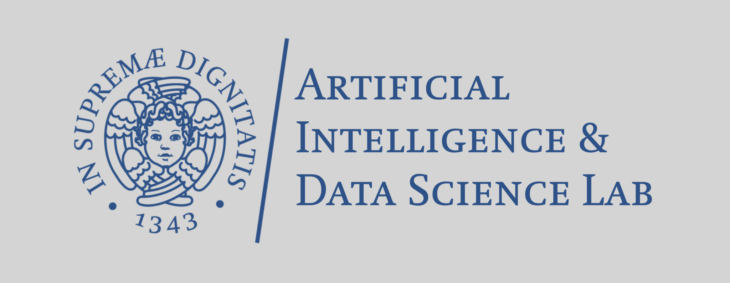 |
Keywords: Machine Learning; Deep Learning; Trustworthy AI; Algorithms for Big Data; Human Language Technologies; Data Intelligence and Applications. |
| Website: in preparation. | Contact: Salvatore Ruggieri. |
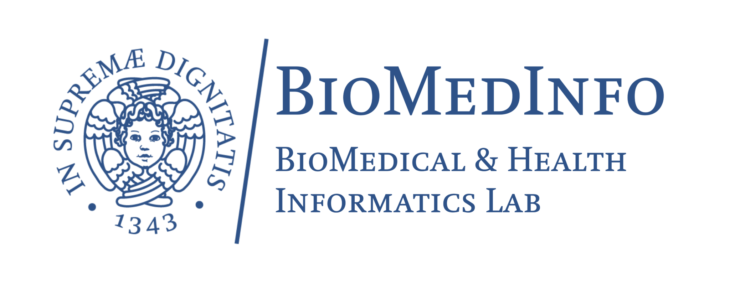 |
Keywords: Bioinformatics, Systems Biology, Computational Health, Machine Learning & Data Science for Health, Health Services Optimitazion, IoT and Smart Things for e-Health. |
| Website: BioMedInfo. | Contact: Paolo Milazzo. |
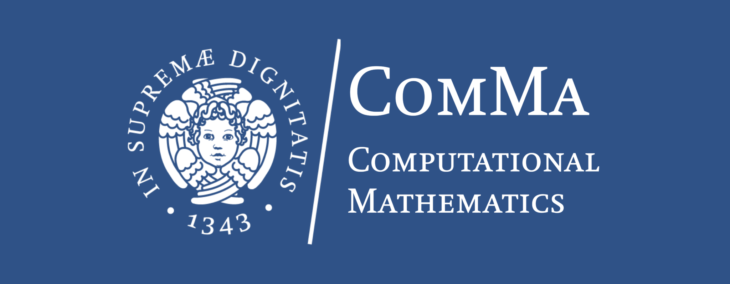 |
Keywords: Optimization and operations research; Numerical linear algebra; Applications to machine learning; Combinatorial algorithms on graphs. |
| Website: ComMa. | Contact: A. Frangioni, F. Poloni. |
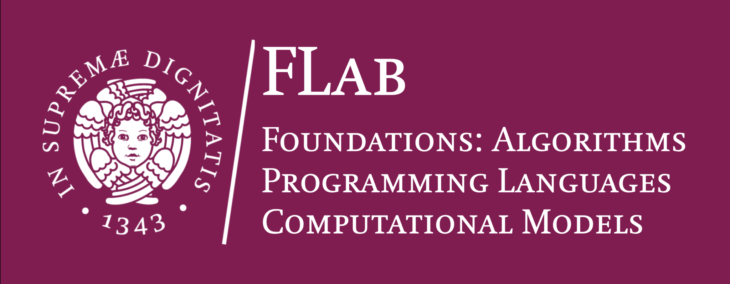 |
Keywords: Programming Language Design, Program Analysis and Verification, Computational Models, Algorithmic Design and Analysis. |
| Website: FLab (under construction). | Contact: Gian Luigi Ferrari. |
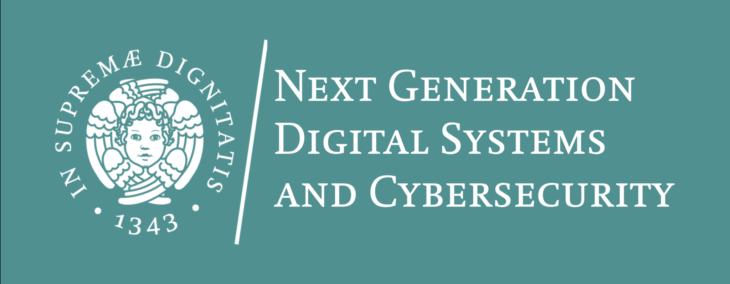 |
Keywords: Internet of Things, Cloud Applications, Healthcare, Software Engineering, Cybersecurity. |
| Website: in preparation. | Contact: Antonio Brogi. |
The research in the lab address a variety of applications, ranging from high-performance computing and Cloud/Fog/Edge computing, to digital security and smart cyber-physical systems tackling fundamental challenges such as security and energy consumption.
Research Groups
Research groups are structures that promote collaborations among researchers within well-established research areas, with the goal of achieving excellent results.
- Computational Intelligence and Machine Learning (CIML)
- Pisa Distributed Ledger Lab
- Knowledge Discovery and Data Mining (KDD Lab)
- Human Language Technologies
- Data-Driven Design Laboratory
- Modelling, Simulation and Verification of Biological Systems
- Advanced Algorithms and Applications Laboratory (A3 Lab)
- Numerical Analysis Pisa (NumPi)
- Parallel Programming Models (PPM)
